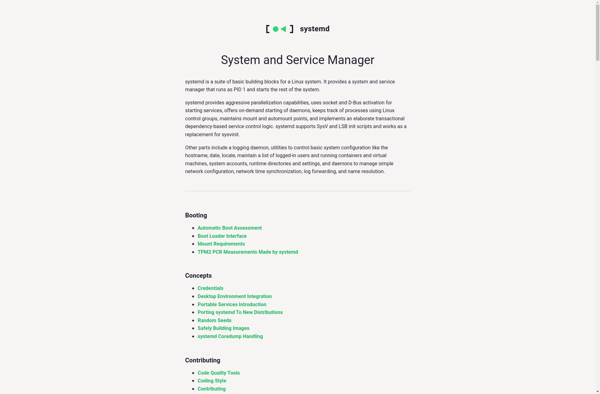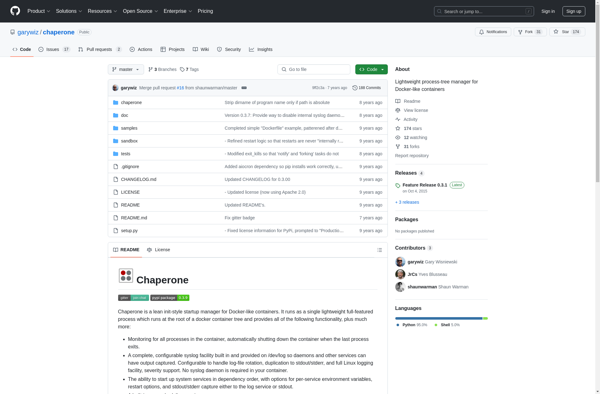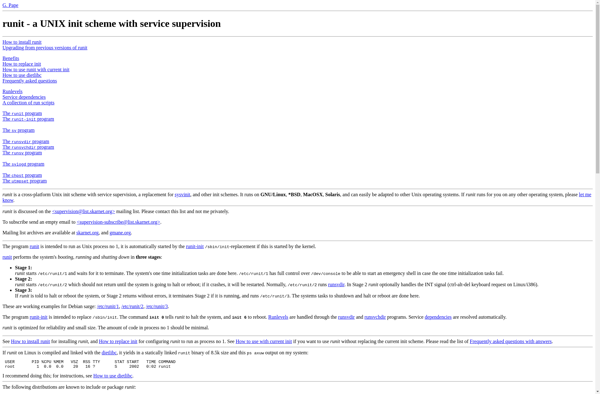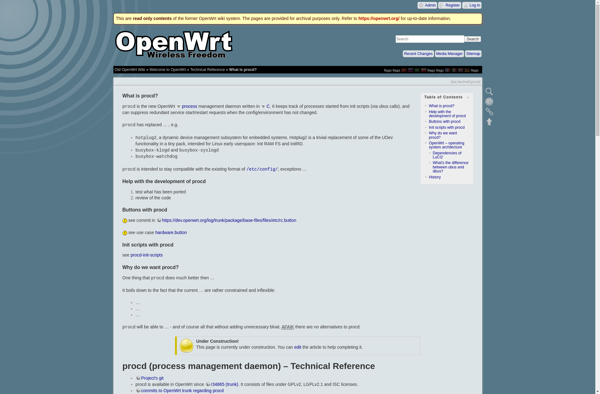Sysvinit

Sysvinit: Traditional System and Service Manager for Linux
Sysvinit is a system and service manager for Linux and other Unix-like operating systems, providing a traditional initialization system that boots the system, starts essential services, and handles service control and supervision.
What is Sysvinit?
Sysvinit is a system and service manager for Linux and other Unix-like operating systems. It has been the traditional init system for Linux distributions until being largely superseded by systemd.
As the first process started by the Linux kernel when booting, sysvinit handles starting essential system services, like mounting filesystems, setting up networking, starting the syslog daemon, and starting essential userspace services. It also handles service supervision and restarting crashed services.
Some key responsibilities of sysvinit include:
- Provides a generic initialization framework for booting Unix systems
- Brings up the system, mounts filesystems, sets up networking, etc.
- Starts essential services needed for system operation
- Functions as a system service manager and supervisor
- Manages service dependencies and restarts crashed services
Originally developed by Sun Microsystems for Solaris, sysvinit was later adopted as the init system for many Linux distributions. However, in recent years it has been replaced by systemd on most major Linux distributions due to perceived technical advantages of systemd. Nonetheless, sysvinit continues to be used on some Linux and Unix-based operating systems due to its simplicity, familiarity, and compatibility.
Sysvinit Features
Features
- Provides a system initialization system that boots the system
- Starts essential services
- Handles service control and supervision
- Supports run levels for different system states
Pricing
- Open Source
Pros
Cons
Reviews & Ratings
Login to ReviewThe Best Sysvinit Alternatives
Top Os & Utilities and System Management and other similar apps like Sysvinit
Here are some alternatives to Sysvinit:
Suggest an alternative ❐Systemd

Chaperone Process Manager

Runit

Nosh
Procd
